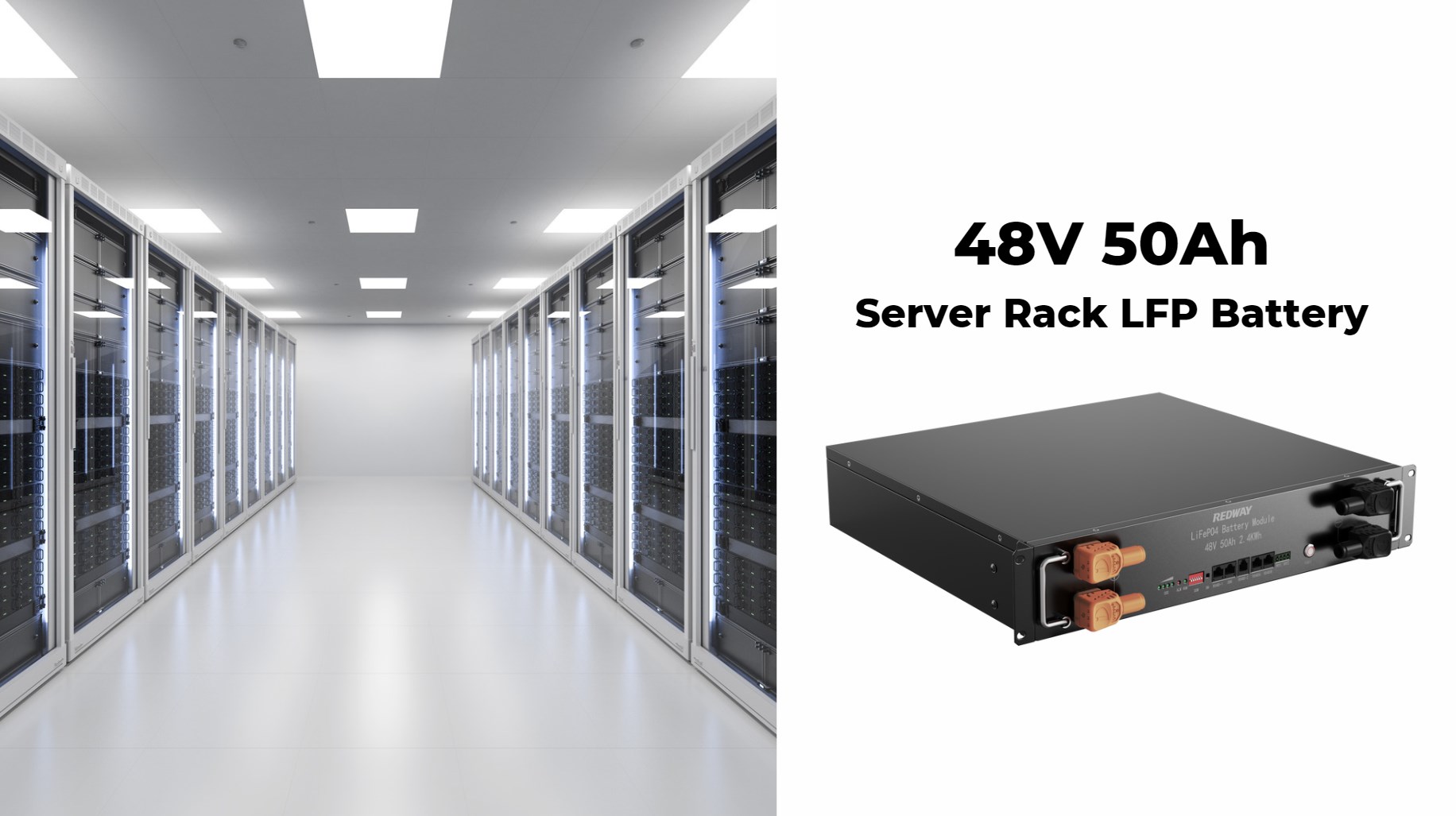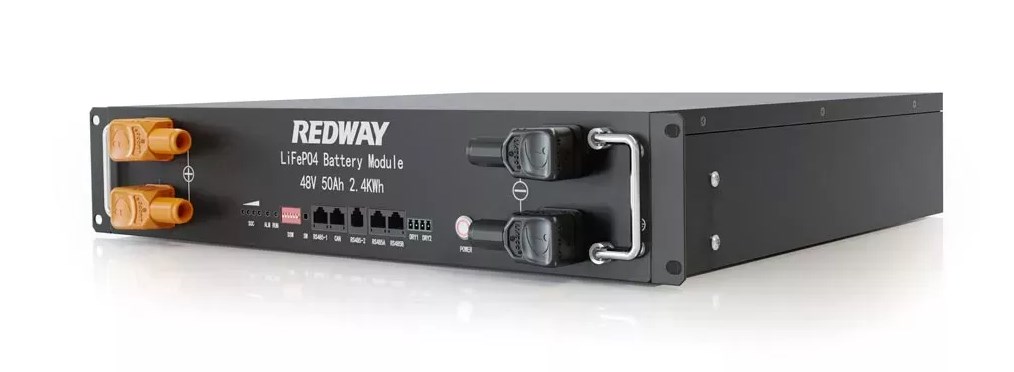In today’s rapidly evolving technological landscape, battery backup solutions are more critical than ever. Among various options available, lithium-ion batteries stand out as the premier choice for those seeking reliable and efficient backup power. This article delves into the myriad benefits of lithium-ion batteries, their superior performance, and why they are the optimal choice for both personal and professional applications.
Lithium-ion batteries are great for backup systems due to their high energy density, long lifespan, fast charging capabilities, and low maintenance needs. They store more energy in less space compared to other types like lead-acid batteries. These features make them a reliable choice for homeowners seeking efficient backup power solutions.
Understanding Lithium-Ion Batteries
Lithium-ion batteries are a type of rechargeable battery that has gained prominence due to their high energy density, long cycle life, and lightweight design. Unlike traditional lead-acid batteries, which are bulky and require frequent maintenance, lithium-ion batteries offer a range of advantages that make them ideal for backup power solutions.
Key Advantages of Lithium-Ion Batteries
- High Energy Density
Lithium-ion batteries boast a significantly higher energy density compared to other types of batteries. This means they can store more energy in a smaller space, which translates to longer backup times and reduced physical footprint. For users who need extended operational periods without access to mains power, lithium-ion batteries are an excellent choice. - Extended Lifespan
One of the most compelling features of lithium-ion batteries is their long lifespan. They can endure hundreds to thousands of charge and discharge cycles before their capacity diminishes significantly. This longevity ensures that users receive consistent performance over time, reducing the need for frequent replacements. - Low Self-Discharge Rate
Lithium-ion batteries have a low self-discharge rate, meaning they retain their charge much longer than other battery types when not in use. This feature is particularly advantageous for backup applications where the battery may not be actively in use but needs to be ready for immediate deployment. - Fast Charging Capability
Lithium-ion batteries can be charged much faster than traditional battery types. This characteristic is essential for environments where quick recharging is necessary to ensure continuous operation. The fast-charging capability minimizes downtime and enhances overall productivity. - Maintenance-Free Operation
Unlike lead-acid batteries, lithium-ion batteries do not require regular maintenance or watering. They are sealed units with built-in protection circuits that ensure safe operation, eliminating the need for periodic checks and maintenance.
Applications of Lithium-Ion Batteries
Lithium-ion batteries are versatile and can be used across various applications. Here are some prominent use cases:
1. Backup Power for Server Racks
When it comes to server rack battery backup solutions, lithium-ion batteries provide unparalleled performance. Their high energy density and extended lifespan make them suitable for critical IT infrastructure. These batteries ensure that servers remain operational during power outages, safeguarding against data loss and system failures.
2. Home and Office Backup Solutions
For home and office settings, lithium-ion batteries are an excellent choice for uninterruptible power supplies (UPS). They provide reliable backup power for essential devices such as computers, routers, and other electronics, ensuring continuous operation even during power interruptions.
3. Renewable Energy Storage
In the realm of renewable energy, lithium-ion batteries play a crucial role in storing energy generated from solar panels or wind turbines. Their high energy density and efficiency make them ideal for storing excess energy for later use, contributing to a more sustainable energy ecosystem.
4. Electric Vehicles
Lithium-ion batteries are the preferred choice for electric vehicles (EVs) due to their lightweight and high energy density. They enable longer driving ranges and faster acceleration, making EVs a practical and efficient mode of transportation.
Choosing the Right Lithium-Ion Battery for Backup
Selecting the most suitable lithium-ion battery for backup applications involves several considerations. Here’s a guide to help you make an informed decision:
**1. Capacity and Runtime
Assess the capacity of the battery, typically measured in ampere-hours (Ah) or watt-hours (Wh). Ensure the battery’s capacity aligns with your backup power needs and the expected runtime.
**2. Voltage Compatibility
Verify that the battery’s voltage is compatible with your equipment. Lithium-ion batteries come in various voltage levels, so choose one that matches your requirements.
**3. Form Factor and Space
Consider the physical dimensions of the battery and ensure it fits within your available space. Lithium-ion batteries are available in various form factors, from compact designs to larger units.
**4. Safety Features
Look for batteries with built-in safety features such as overcharge protection, temperature regulation, and short-circuit prevention. These features enhance the battery’s safety and longevity.
**5. Brand and Warranty
Opt for batteries from reputable manufacturers that offer comprehensive warranties. A strong warranty indicates the manufacturer’s confidence in the product’s quality and durability.
Installation and Maintenance Tips
While lithium-ion batteries are largely maintenance-free, proper installation and care are essential for optimal performance. Follow these tips to ensure your battery operates efficiently:
**1. Proper Installation
Ensure that the battery is installed according to the manufacturer’s guidelines. Correct installation is crucial for safety and performance.
**2. Regular Monitoring
Even though lithium-ion batteries require minimal maintenance, periodic monitoring of battery performance and charge levels can help identify potential issues early.
**3. Temperature Management
Lithium-ion batteries should be kept within recommended temperature ranges. Excessive heat or cold can affect battery performance and lifespan.
**4. Safe Disposal
When it’s time to replace your battery, dispose of the old unit according to local regulations. Lithium-ion batteries should be recycled properly to minimize environmental impact.
Conclusion
In conclusion, lithium-ion batteries represent the pinnacle of modern battery technology for backup power solutions. Their high energy density, extended lifespan, and low maintenance requirements make them the ideal choice for various applications, from server racks to renewable energy storage. By selecting the right lithium-ion battery and following proper installation and maintenance practices, you can ensure reliable and efficient backup power, safeguarding your operations against unexpected disruptions.
When choosing a backup battery solution, prioritize lithium-ion technology to benefit from its superior performance and long-term value. Embrace the power of lithium-ion batteries and experience the difference in your backup power reliability.







